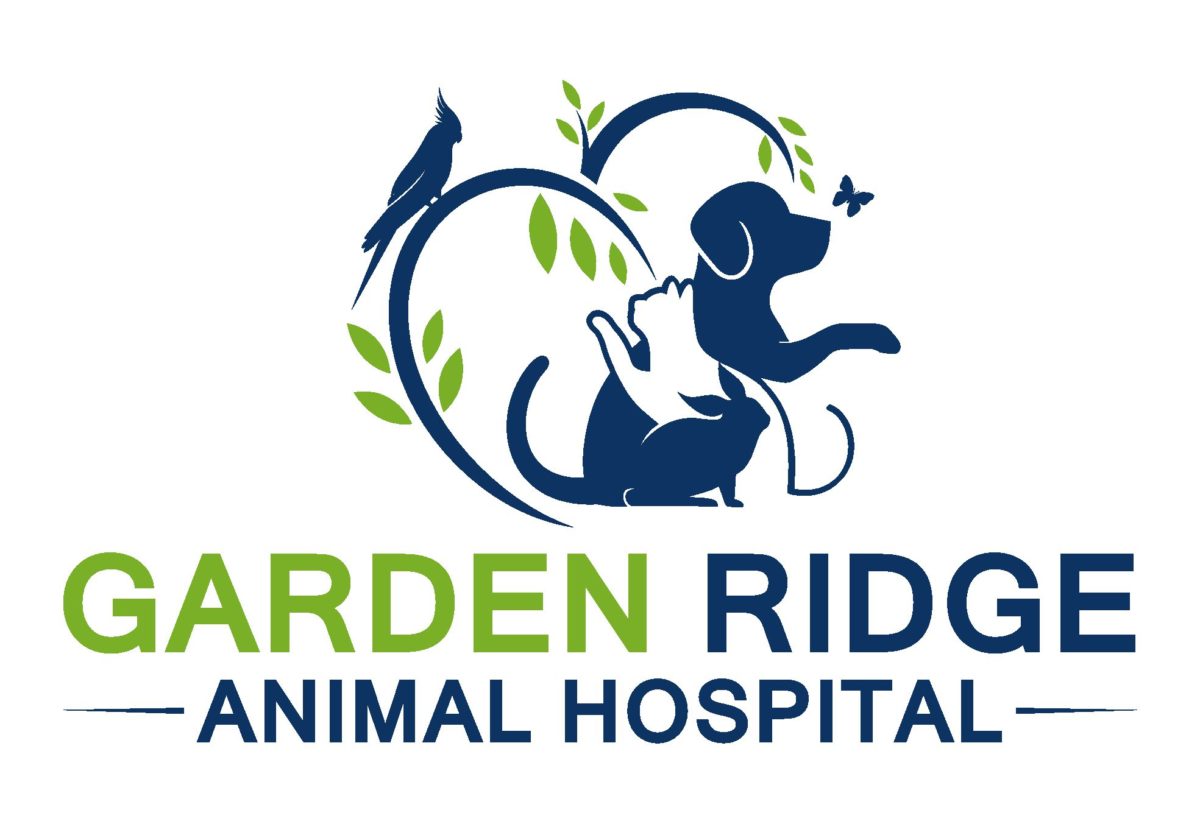Last year, grain free diets were in the news because of an association with a rare heart disease, Dilated Cardiomyopathy (DCM), in dogs. The FDA just published a report this month with ongoing investigation. Many other University studies are underway to try to figure out WHY some dogs develop this heart disease, WHICH diets it is associated with, and WHAT can be done to fix this problem.
There seems to be more than one factor causing heart disease after a year of study. These as association with Grain-free, legume rich, “exotic meat”, or “boutique” dry foods. This is sometimes called a BEG diet for Boutique, Exotic, and Grain-free. We won’t debate the pros and cons of grain free dog foods, but if you take out the grain based carbs, something must be substituted, and the 2 most common ingredients are sweet potato or legumes (peas). Most dog foods have been based on chicken, beef or lamb for years, but new sources like kangaroo and pork are popping up. Some nutritionists theorize that legumes and/or these novel protein sources might not have all the taurine needed or too much of other nutrients. Another theory for the Golden Retriever breed may be that they simply require more taurine than other breeds, so normal levels in food just isn’t enough for this popular breed. University studies are underway, and hopefully soon we will have more information.
Whatever diet you feed your dogs, it is always a good idea to look for the AAFCO label on pet foods. This means the diet has been either tested by field trial to meet minimum standards, or lab tested to meet minimum standards. There is a difference between “minimum” and “optimum”levels. And some products pass AAFCO when manufactured, but fail after it has been shipped and stored in non-ideal conditions (Texas heat).
The veterinary cardiologist and nutrition group has pieced together a few brief guidelines to help pet-owners navigate this complex issue:
1. Evaluate the diet that you are feeding your pet. If the diet is boutique, contains exotic ingredients, or is grain free, you may consider a diet change to one without these properties. Talk to your veterinarian about the FDA announcement and what diet may be best for your dog.
2. If you are concerned about your dog based on what you are feeding, watch closely for signs of heart disease such as weakness, slowing down on walks, coughing, fainting or trouble breathing. Your veterinarian may also recognize early heart disease by hearing a heart murmur or abnormal heart rhythms. If you observe these things or your veterinarian is concerned, additional testing may be indicated such as x-rays, blood tests, EKG, or heart ultrasound (echocardiogram).
3. If your dog is diagnosed with DCM, particularly if eating a diet that meets the criteria listed above:
• Ask your veterinarian to test blood taurine levels.
• Report the findings to the FDA.
• Change your dog’s diet as directed by your veterinarian’s recommendations.
• Ask your veterinarian to help you identify a dose for taurine supplementation.
• Seek guidance from a veterinary cardiologist.
• Follow the instructions from your veterinarian or veterinary cardiologist as repeat evaluations and other medications may be needed. It can take multiple months to see improvement in many cases of diet-related DCM.
More info and a statement from Nutrition Support Services at UC Davis Veterinary Hospital here.
https://vetnutrition.tufts.edu/2016/12/questions-you-should-be-asking-about-your-pets-food/
https://www.vetmed.ucdavis.edu/news/uc-davis-investigates-link-between-dog-diets-and-deadly-heart-disease
Like this:
Like Loading...



